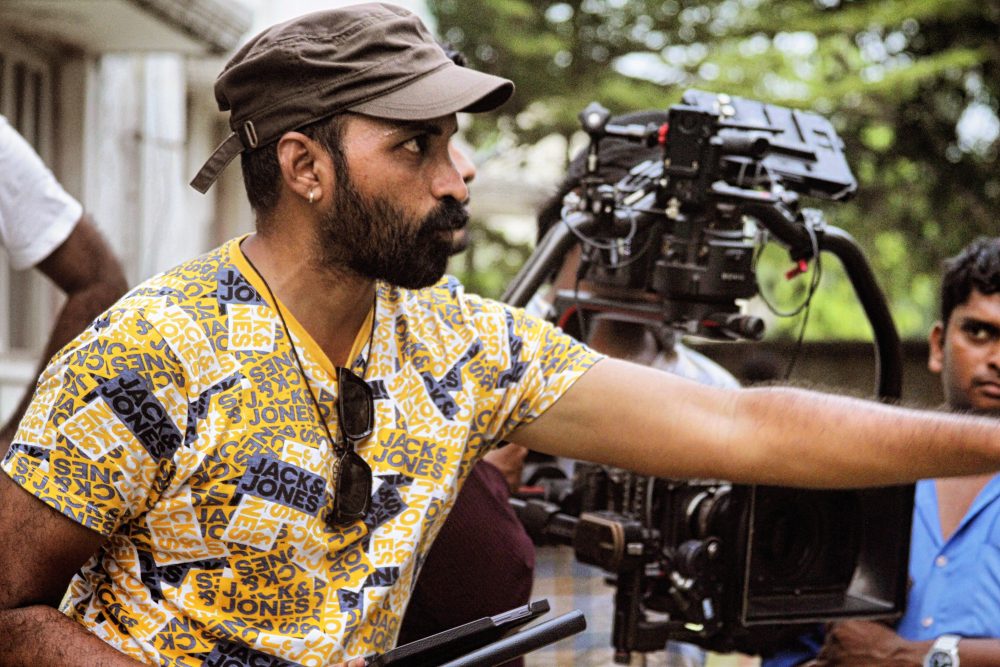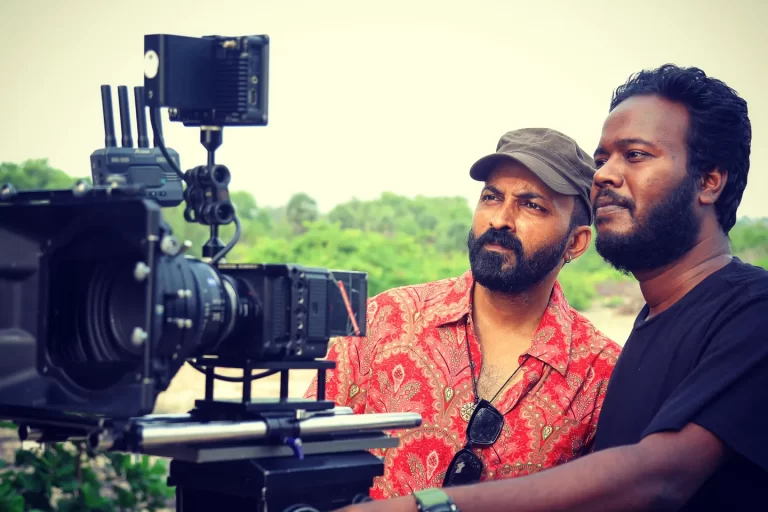Most Indie films suck because they look and ‘feel’ Indie.
The term ‘Indie’ or ‘Independent’ in the filmmaking context has a lot of connotations – Not studio produced(Independently produced), Non-mainstream, Subject driven, Made with a truly Independent spirit, Not dependent on external factors except a filmmaker’s will to shape it however they want it, Minimal characters & locations, Niche audience etc. But generally, it is associated with Low or No Budget filmmaking or filmmaking with limitations. And rightly so, most Indie films are visually dull, amateurish, tension-less and un-evocative.
But just because you have a Low or even No budget doesn’t mean your film has to look and ‘feel’ low/no budget in terms of concept, aesthetics and the overall making.
So, how do you elevate your Indie film?
Considering your writing/script is ‘good’(That is a default, which I’ll write about in a more detailed article – what constitutes a good script), what can Indie filmmakers learn from mainstream filmmakers.
Here are 5 Indie writing/filmmaking tips from 5 mainstream directors to up your game.
1. Quentin Tarantino – He has fun with his writing.
It’s a no-brainer that when you pick a Concept or Idea for your film, it has to excite or frustrate or move you emotionally in some way.
When you look at Tarantino’s writing(which has a unique narrative voice) in most of his films, you can feel his excitement for his story, characters and his storytelling.
You’ll note that every scene he writes, it pulsates with life because he infuses his excitement into it. That’s because, he writes films that he loves writing and making.
So, write cinema that you love, that you want to watch and enjoy. Make it personal enough so you feel embarrassed to share it. That is the kind of writing that connects and pulsates with life. And you don’t need a budget to do this.
2. Coen Brothers – Paying attention to detail.
After picking the right concept or idea, go DEEP. By deep, I mean, delve into the nitty gritties of your story. Don’t just skim over your ideas. Avoid surface level narratives.
The Coen brothers are meticulous in their attention to detail, and this is evident in their every scene. Every shot, every piece of dialogue, every prop, and every costume is carefully considered and chosen.
The more detailed your narrative, the more engaging is the response.
Fiction thrives on details – so use it. Detailing in writing and execution is key to elevating an average film.
3. David fincher – Don’t hesitate to get as many takes as possible.
While shooting your film, if something doesn’t feel right, just re-do it. The flexibility of Indie filmmaking is that you can do whatever you want, however you want.
Fincher is known for his 50+ takes on a shot while filming a scene. If you don’t get what you want, go for it again. No need to doubt yourself or fear being judged.
Be meticulous during the production/filming process without feeling embarrassed.
Additionally, I love his low-light aesthetic which adds to a sense of suspense and sets a mood/atmosphere for the film.
So get that shot, exactly how you want it. Your vision is what translates onto the screen.
4. Dennis Villevue – Creating tension with realism.
Life is conflict. Film is conflict. Scene is conflict.
Conflict is what drives an engaging narrative. And a subset of conflict is Tension.
Not just with sets but situations, choices, and circumstances.
Cause tension(in the scene thereby in the audiences’ mind) by making these all feel relatable and by allowing the audience to connect.
Sicario is a big movie but it contains high tension scenes between the characters that pulls you deep inside the narrative.
A simple 2 character, single location film(aka Indie) can contain a lot of tension in how it is made. Use that narrative power to elevate your film.
5. Chris Nolan – In his early works, he embraced limitations.
It feels very counterintuitive to cite Nolan as a beacon for Indie filmmaking. But when you actually look at Nolan’s body of work, especially his early works, his process embraces limitations.
Using cheat-codes like shooting in B&W to suggest a stylized or more ‘artistic’ approach to your subject rather than simply a cheaper way of doing things.
Use your Indie style, to make your aesthetic unique. Make your low budget your aesthetic. Elevate your style, by embracing your limitations.
And 6th Tip. Yes, I lied. There’s a Bonus tip from a 6th director.
6. Ridley Scott – Act like you know what you’re doing.
Filmmaking is one of the most challenging art forms – be it Indie or mainstream. But operating Independently can really scare you and make you hide behind your fear. Best thing to do is, to act like you got it all figured.
Ridley Scott’s mantra regarding this, is, “Even when you feel like you don’t know what you’re doing, give a direction to the crew, then go into your trailer & say to yourself “What the fuck am I going to do?” It’s ok to acknowledge your fear, but then you also need to face it. So stand up to it by just doing it even if you fail.
There you go.
So, to sum it up. Amp up your Indie filmmaking skills with these elements in mind. Your ‘Indie’ can look and feel great. Filmmaking is hard. But for a passionate, aspiring filmmaker, not making your film will be harder.
But hey, try your hardest.



